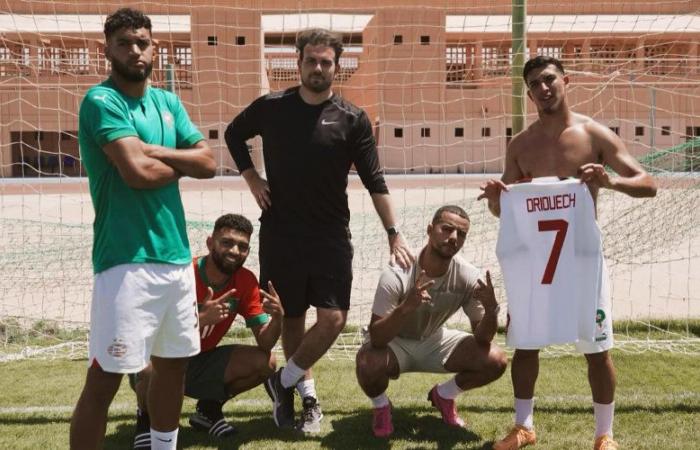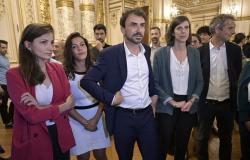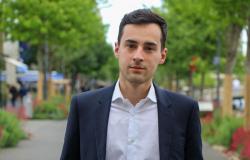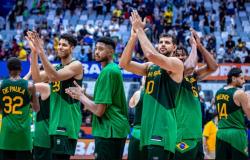Many Belgian-Moroccan and Dutch-Moroccan players are not participating in Euro 2024 with the Belgian and Dutch national teams. And for good reason, they chose Morocco as their sporting nationality to the detriment of Belgium and the Netherlands. Among them are Couhaib Driouech, Dutch-Moroccan star of the Moroccan under-23 team, Adnan al-Boujoufi, who played for the Netherlands under-15, and the young Belgian-Moroccan prodigy of 13 years Ilyes Bennane, writes The New Arab. Several factors explain the interest of young Moroccans in their country of origin. “If you make the slightest mistake here, knowing that you are of Moroccan origin, you are the victim of exaggerated criticism, unlike the Dutch who have a greater margin of error,” explained Hakim Ziyech in an interview with a media outlet. In 2015, he preferred to join the Atlas Lions squad rather than play for the Netherlands. Similar situation in Belgium. In an interview with the RTBF, Belgian-Moroccan Khalid Zinbi, a recruiter for Belgian youth teams, claimed that players of Moroccan origin are often looked down upon because they tend to be “smaller, thinner, more technical, they have a physical less imposing” that coaches do not favor when forming a team. This is why, “many players think that there is a “football xenophobia” for this type of training – so as soon as they have a way out, the possibility of representing another country, they make this choice “, he added.
To read: Football: Morocco on the hunt for dual nationals
Dutch sports journalists Nordin Ghouddani and Thomas Rijsman addressed the topic in their 2020 book “Moroccan Pride,” interviewing two dozen Dutch-Moroccans connected to Dutch football about their experiences. “The tendency was that as a Moroccan, you were already 1-0 down, especially in the training center… you have to be three times better than your competitor, otherwise you don’t play,” the
Dutch-Moroccan Ghouddani at the book’s release. “What we experience in society, Moroccans also experience in the world of football,” he added, referring to the discrimination suffered by the Moroccan community in the Netherlands. Dutch far-right leader Geert Wilders, head of the Freedom Party (PVV) who had called Moroccan immigrants “scum” and pledged to ban Muslim immigration to the Netherlands if elected, made a historic breakthrough in the general and European elections. In Belgium, the far-right Vlaams Belang party failed to win the election, but anti-Moroccan sentiment is widespread in the country. In both the Netherlands and Belgium, “Moroccans have long suffered from employment discrimination and higher rates of racial profiling and police brutality than their white counterparts – which impacts their sense of pride or belonging in these countries,” says Shahla Omar, a former journalist and editor-in-chief of The New Arab.






